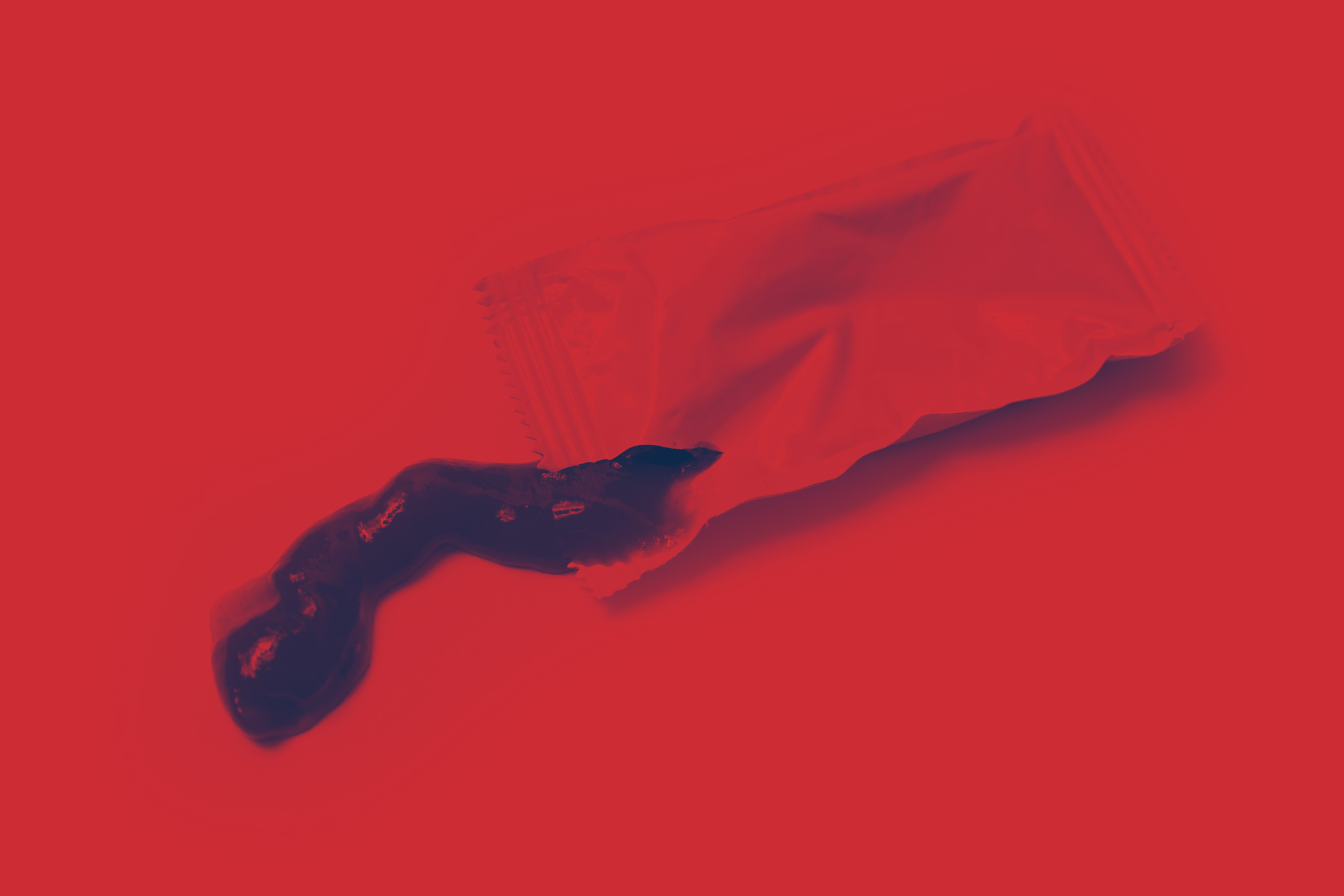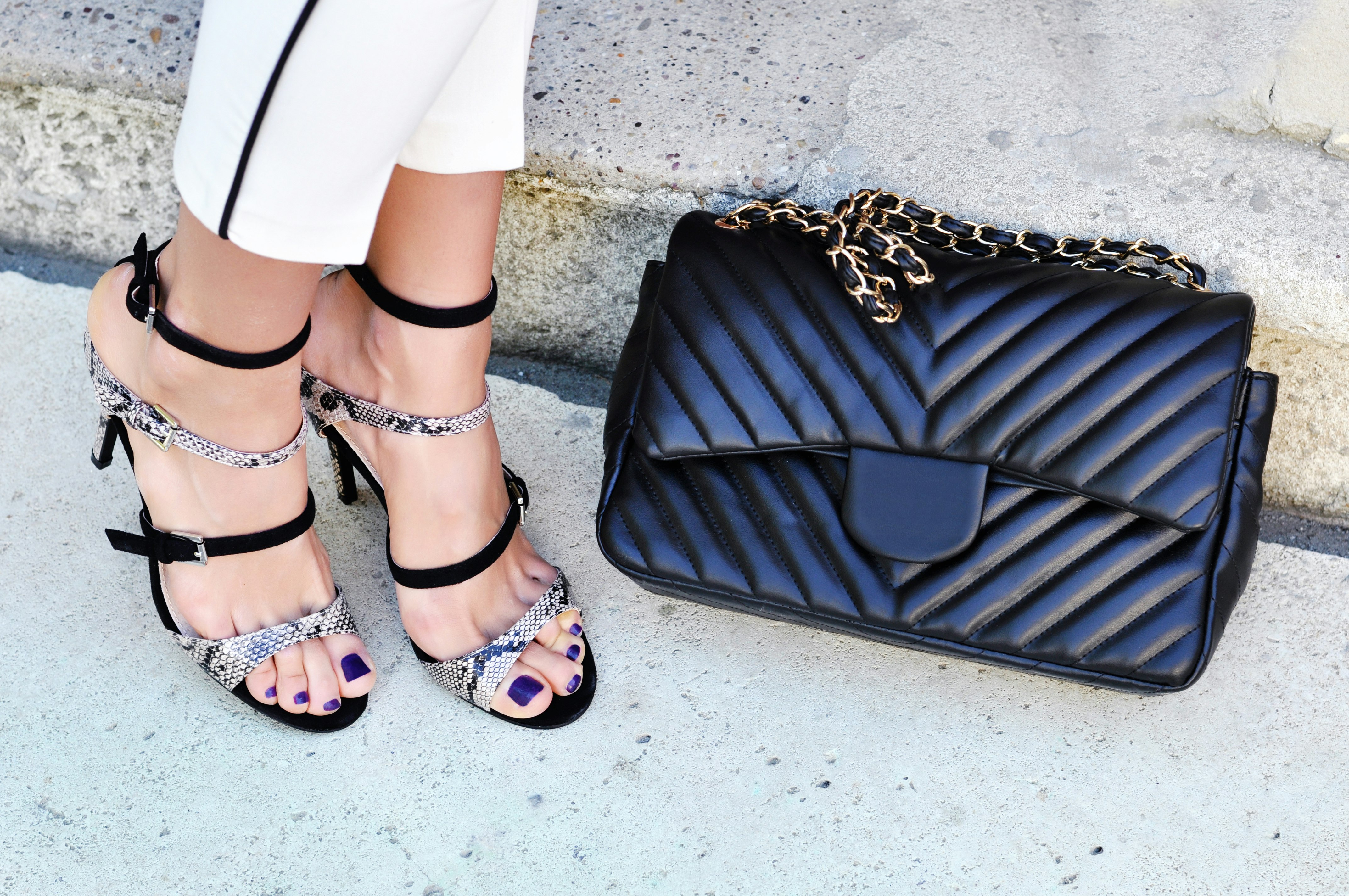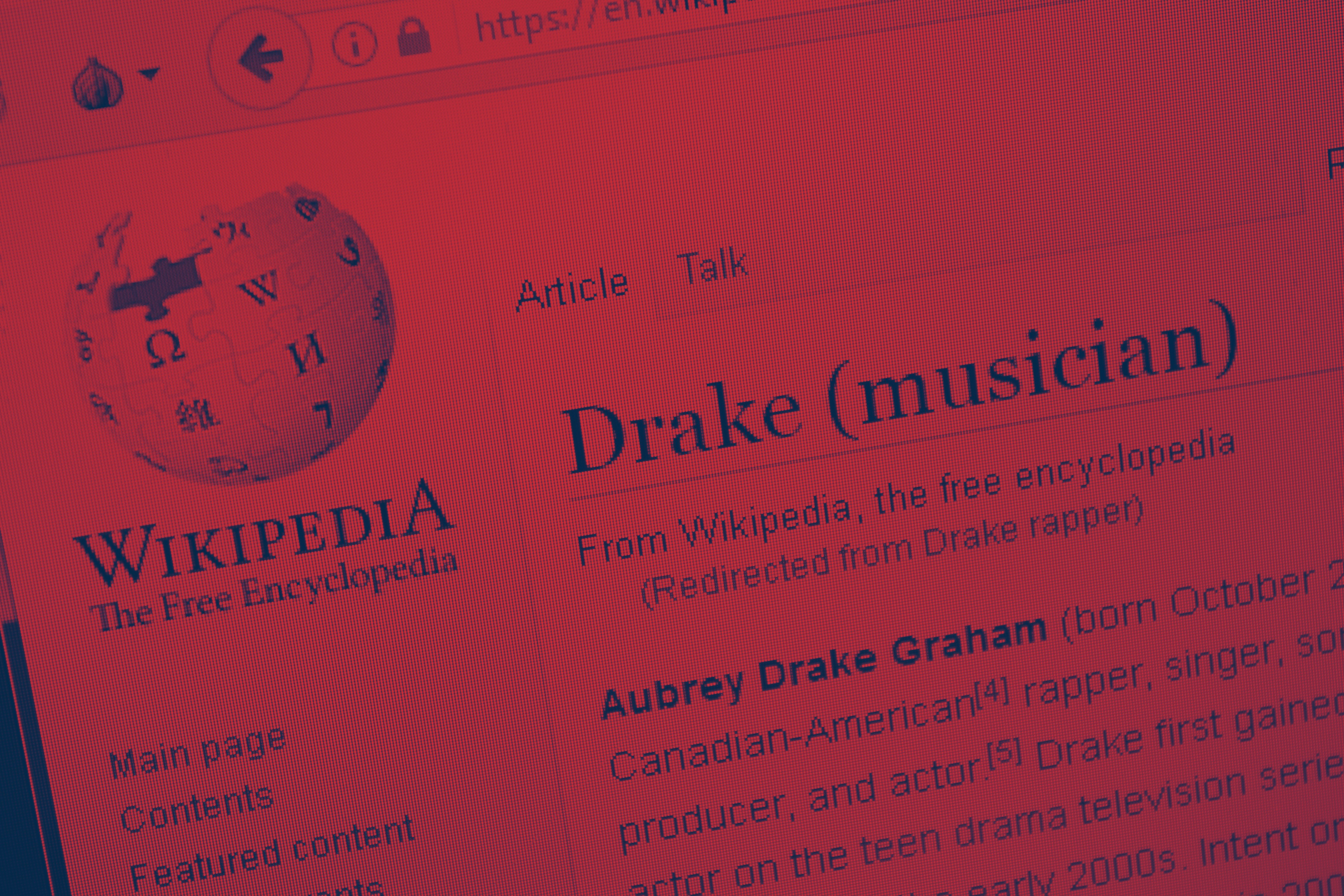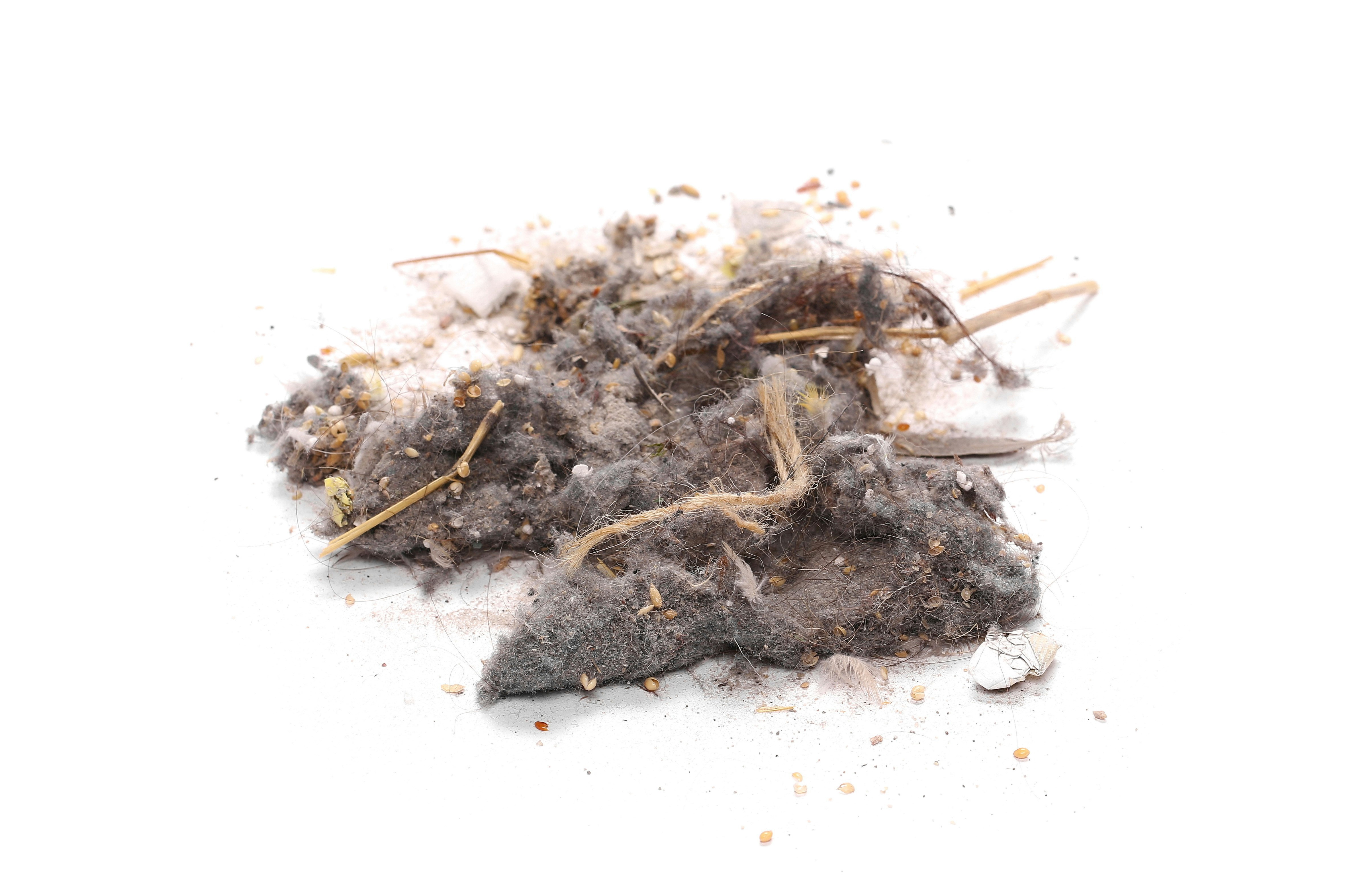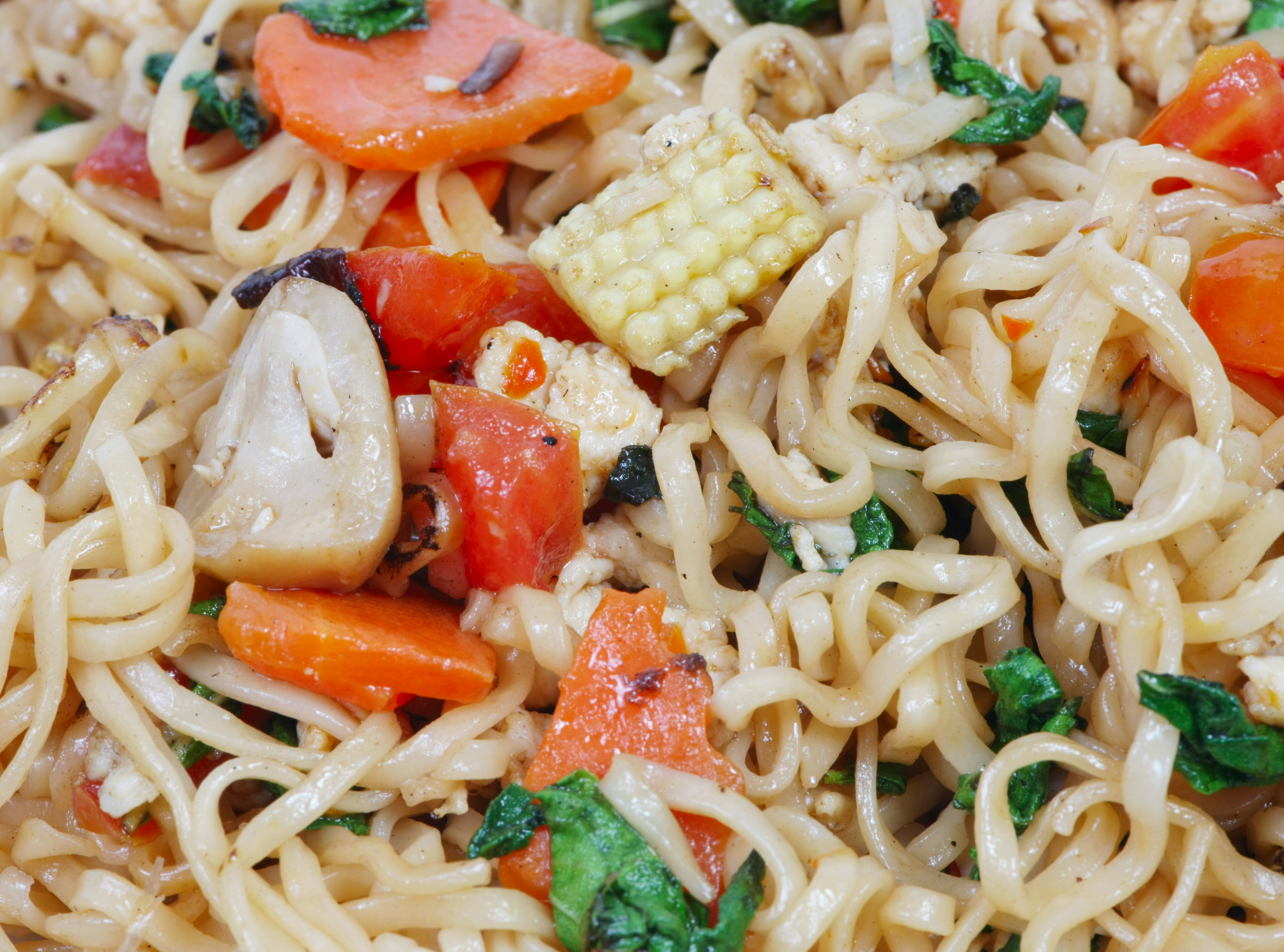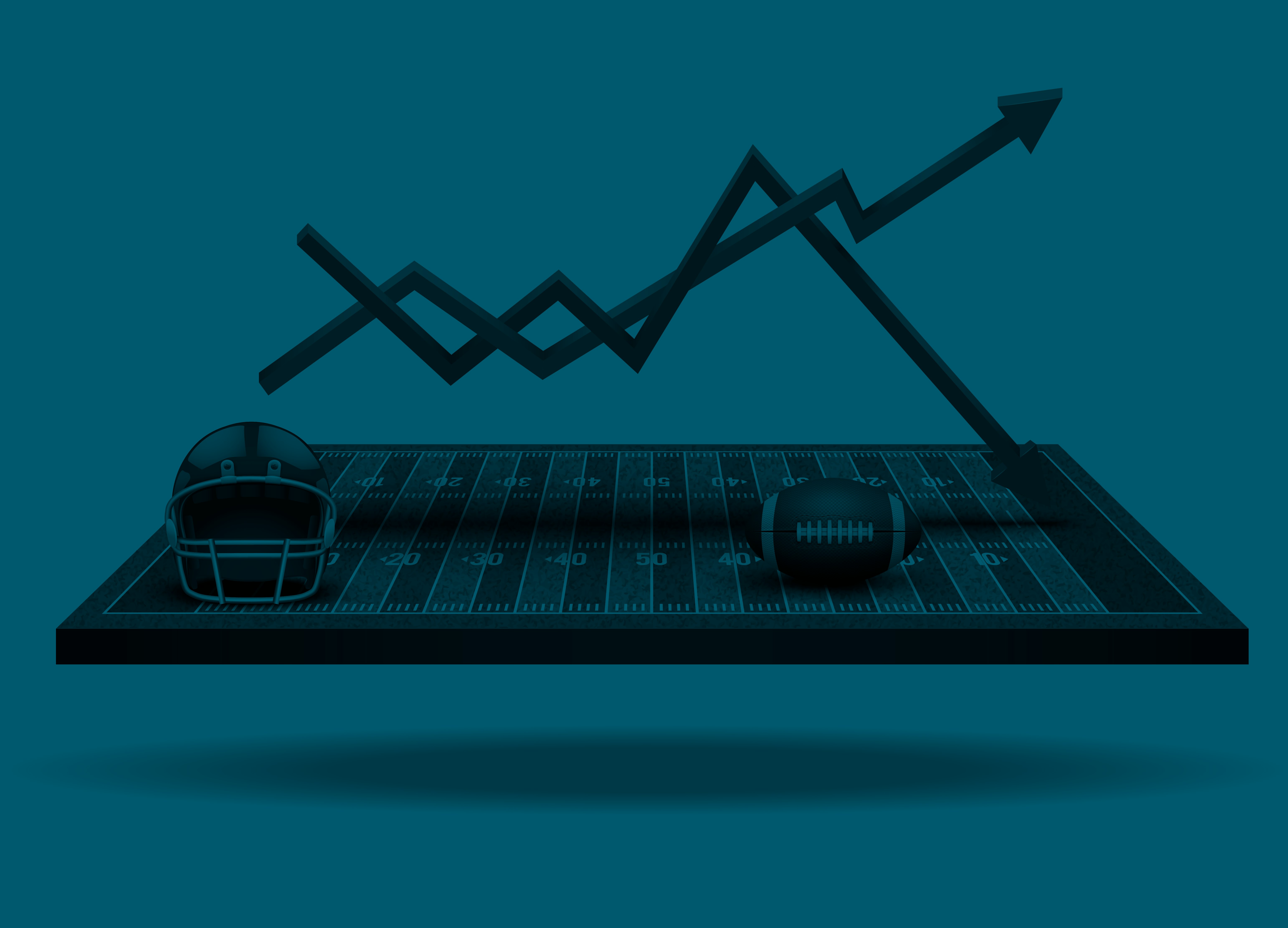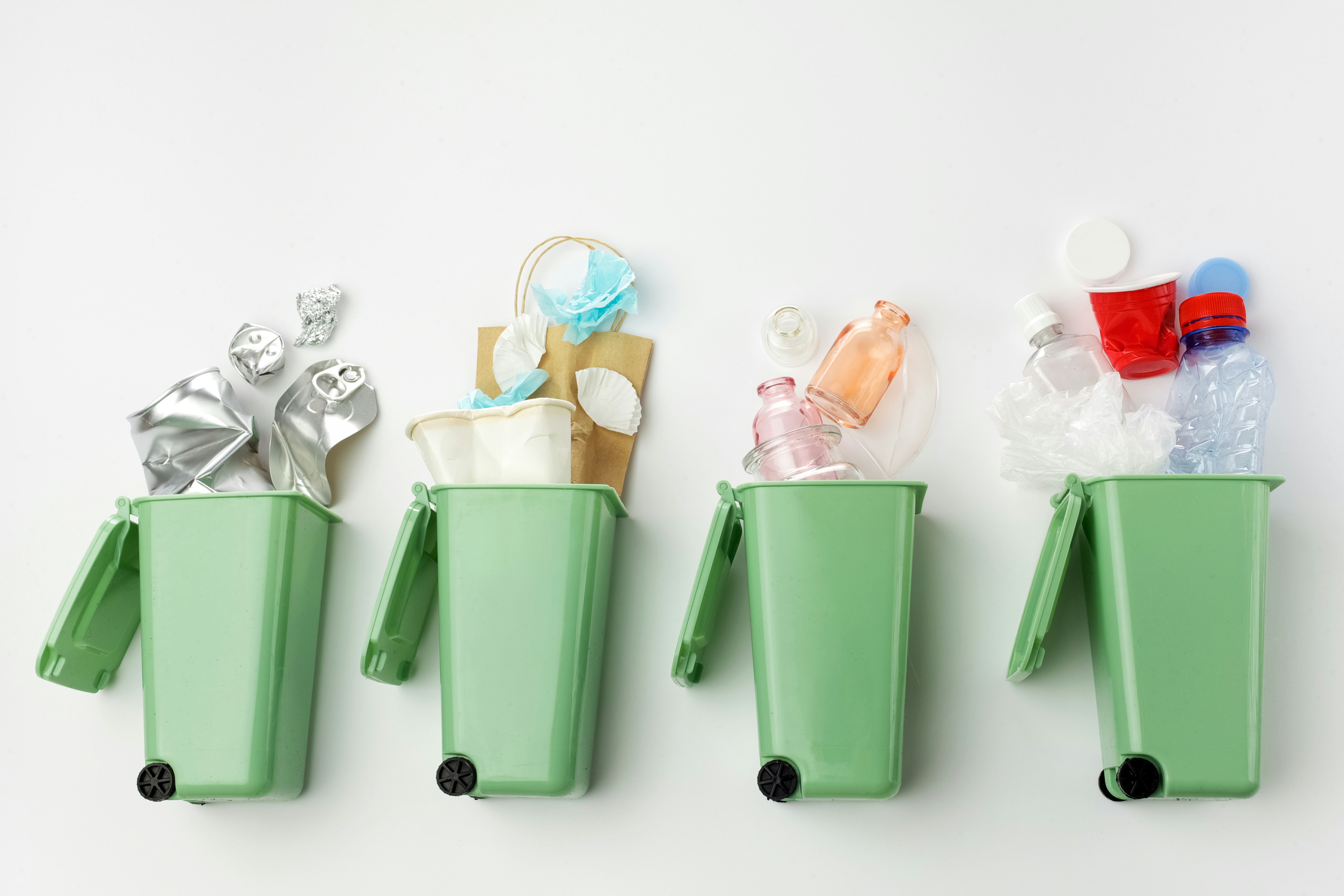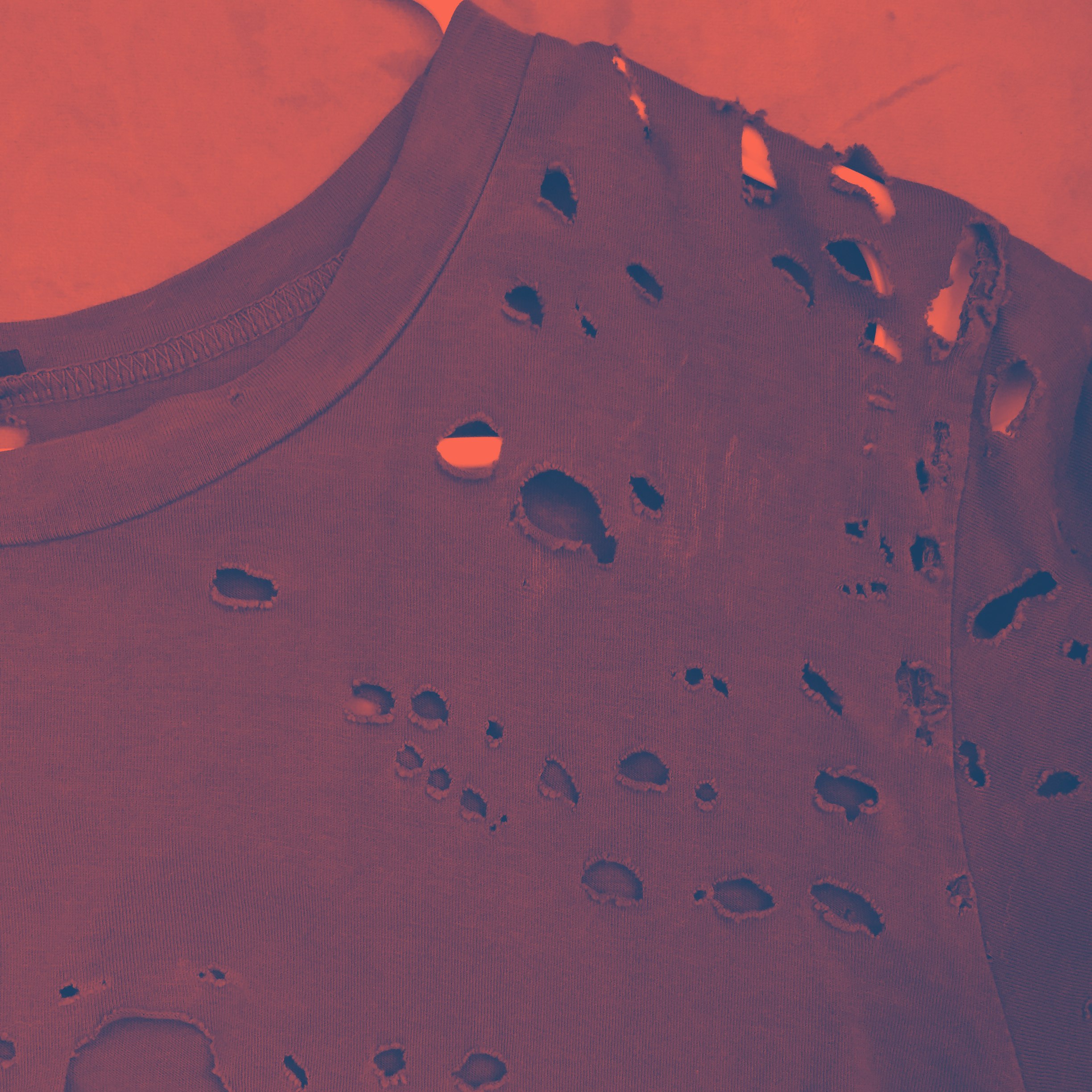Last week, I bought a pillow. It only took me — and I swear this isn’t an exaggeration — about five years to pick one.
In that vast time period, my wife listened to me complain about how terrible my now ex-pillow was while trying to figure out where her de-tagged, clearly superior pillow came from. A few years ago, she very sweetly bought me a new pillow, but my head wasn’t at quite the right angle with it when my arm was in my prefered under-pillow position. I didn’t just want a pillow, I realized. I wanted the best pillow. Or maybe the best pillow for the money, if I had to sink that low. So I kept Googling and reading about pillows and wondering whether I actually slept on my side or if it was more like my stomach and what my opinions on down were and whether I would really adjust an adjustable pillow and how firm I wanted it to be and then not buying anything.
I’m not always like this. In the past five years, I successfully bought not just the mattress on which my pillow rests, but also multiple cars and even a house. But I am often like this, in particular when I make the indefensibly dumb decision to look up a review about whatever product I’m considering, which immediately leads to decision paralysis. I have wasted many hours on vacation divining Yelp reviews to find restaurants that are both good and authentic, despite firmly believing there is no such thing as authentic tourism. I make fun of my family for having deep brand loyalties to their unnecessary, overpriced insulated cups, but own a similarly intense thermos despite only using it to carry coffee on my 15-minute bike ride to work. (It’s a different brand though, because I’m not a sucker for marketing like other chumps.) The same bike ride means I needed work pants that don’t tear at the crotch, and thus I have opinions about TENCEL® Lyocell and COOLMAX® Polyester and triple-stitched seat gussets, even though I don’t know what any of those words mean.
I just want to be a man with warm coffee, a covered crotch, and no neck pain.
This obsessive tendency is as obviously silly as it is widespread. Culture journalist Eliza Brooke pointed out that “Google searches for ‘best” have been steadily rising for years.’” Product recommendation sites have been springing up across the internet, including scientific reviews and influencer reviews and trend reviews and aggregated reviews and bad SEO-driven reviews and even worse copies of all of the above. “Googling ‘best air fryer’ is not a path to enlightenment, but into a spiral of comparison between publications,” Alyssa Bereznak said of the impact at the Ringer.
The worst part, though, is that I don’t actually care about pants or pillows or travel mugs. I just want to be a man with warm coffee, a covered crotch, and no neck pain. Mediocre products would suffice. But I can’t help but enter the product review trap for every little item because I live in the United States in 2019 and so I am constantly taught that I must make the best purchases because buying good things is also a moral good.
I can admit the premise seems reasonable. Too many people buy too much useless shit, and you should make sure you don’t cross picket lines or buy from sweatshops or help Amazon profit from utterly inhumane work practices. But the sheer volume of information to consider is completely unsustainable. This is how we get to a point where I spend five years wondering how much is too much to spend on a pillow when there are people GoFunding their medical bills. It’s how I spent months reading reviews about a pair of $129 pants and trying to make an impossible calculation that includes the labor abuses in fast fashion, the carbon cost of TENCEL® Lyocell and COOLMAX® Polyester, and how schlubby I can look in the office. Every little item is a miniature version of the climate crisis, a potential money laundering scheme for robber barons, so if I’m going to risk it I better make damn sure I buy something that’s worth it.
Clearly, this is all a farce. We all know there’s no such thing as ethical consumption under capitalism and the fate of the world will not hinge on my pillow (though my neck pain will). But the world is so bad and the potential avenues for actual political outlets so slim that it seems like not actively giving money to the people making it worse is the least we can do. I mean shit, you might be supporting apartheid by buying hummus! Without decent, enforced regulations, paying too much attention to what you buy is pretty much all we’ve got. “It’s enough to make you bitterly surrender your purchasing habits to the higher powers of the media ecosystem,” Bereznak aptly wrote, which is why I ended up right back where I started, reading the Wirecutter article about pillows and buying what it told me to.
But that’s just the final twist of the knife, because all those product reviews are fake. Everything on the internet is fake, of course, but reviews are especially fake because there is a whole underground fake-review economy at places like Amazon, which those companies profit from. And because product recommendation sites hawking best-of lists make their money by including affiliate links to all those products. And because whatever influencer-sponsored product has wormed its way into your subconscious desires is almost surely a part of the same system. When consumption becomes politics, your values become a product like everything else, as does the knowledge you need to buy stuff in accordance with those values. You’re left crunching numbers about every little thing, and five years on everything has gotten worse and you still have no pillow.
I should probably just talk to my therapist about a healthier way to buy everyday crap, but she hated my insurance company so much she stopped accepting them, so I’m too busy looking for recommendations for a new one.

